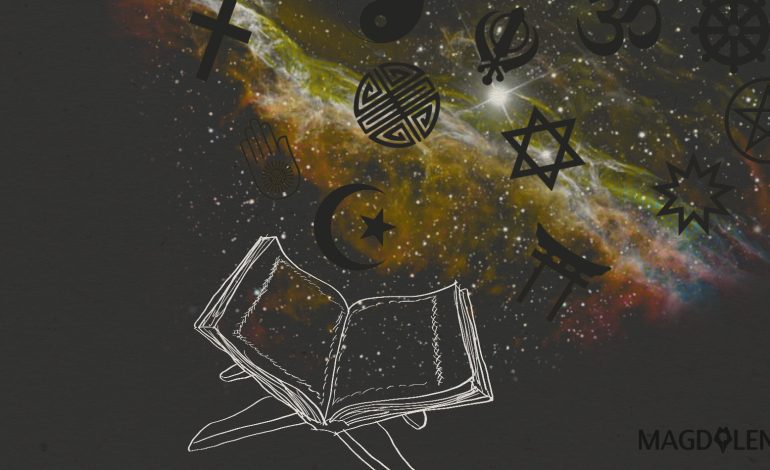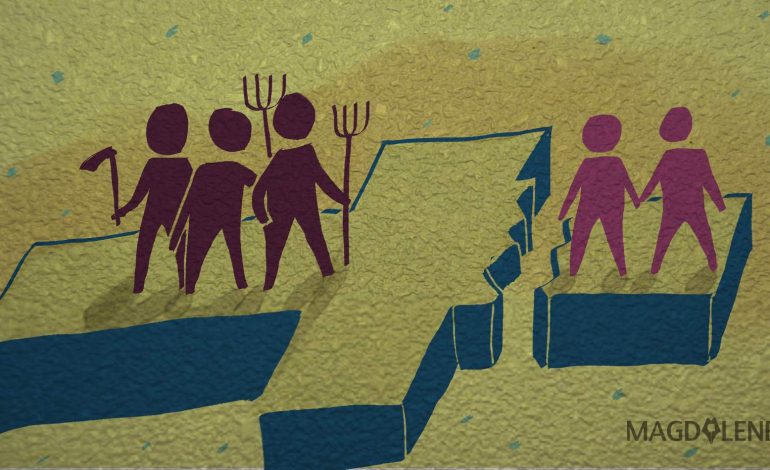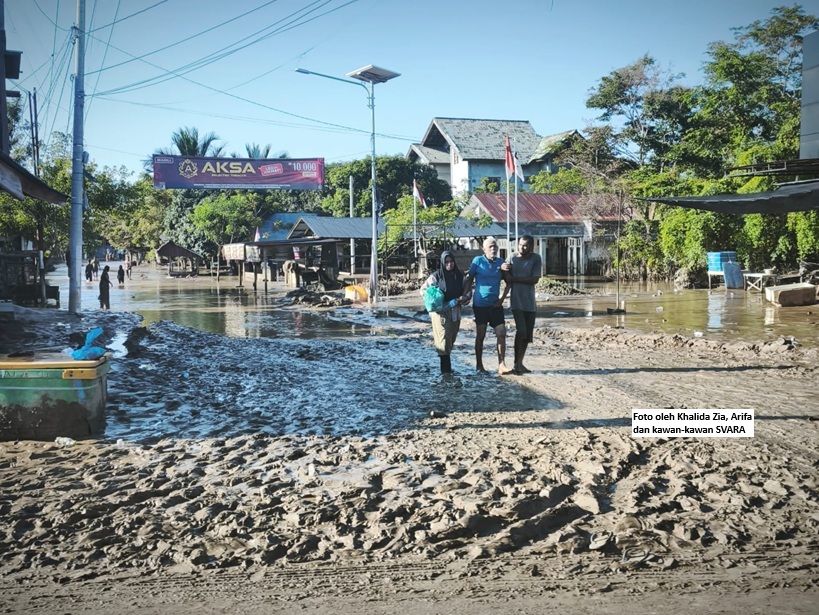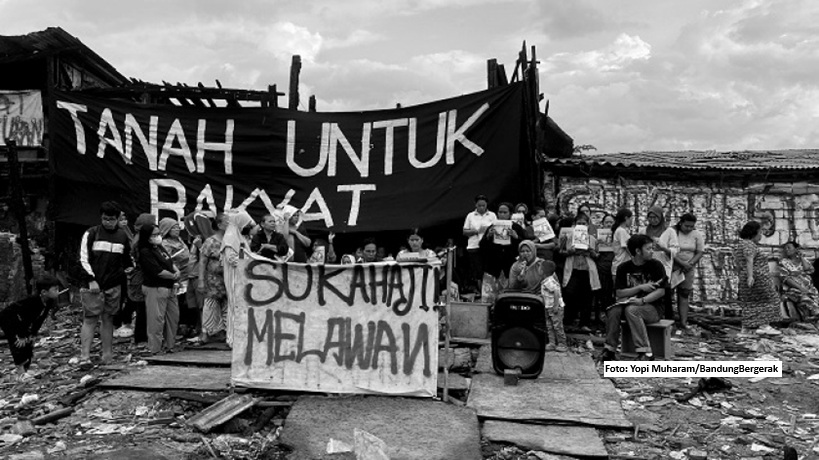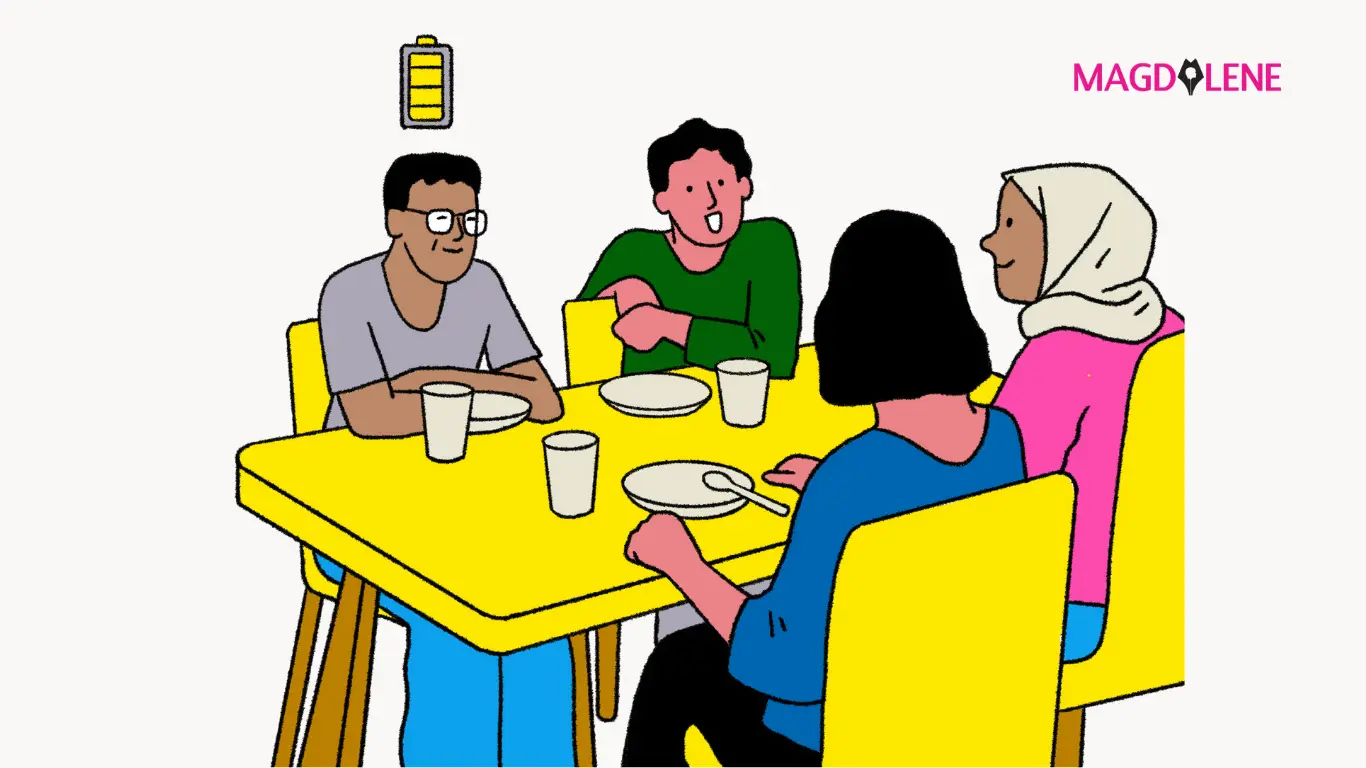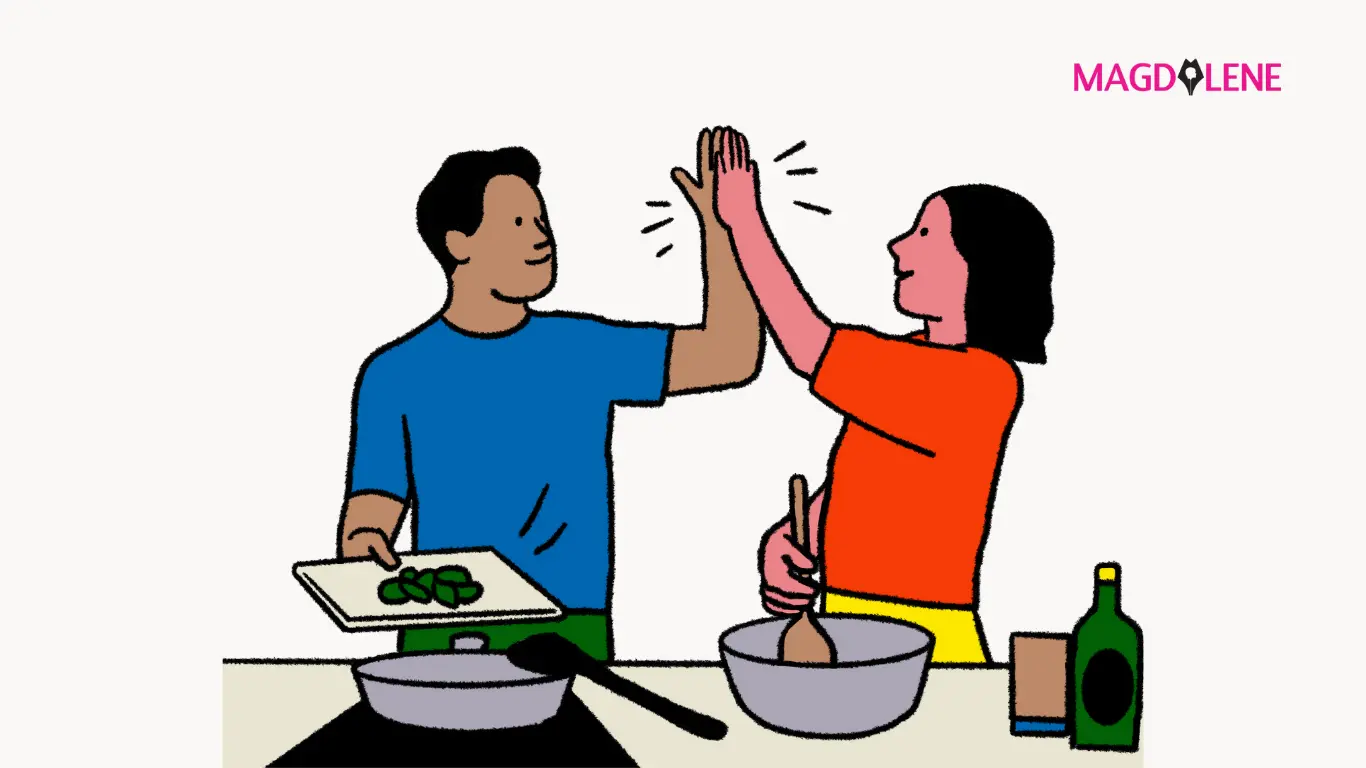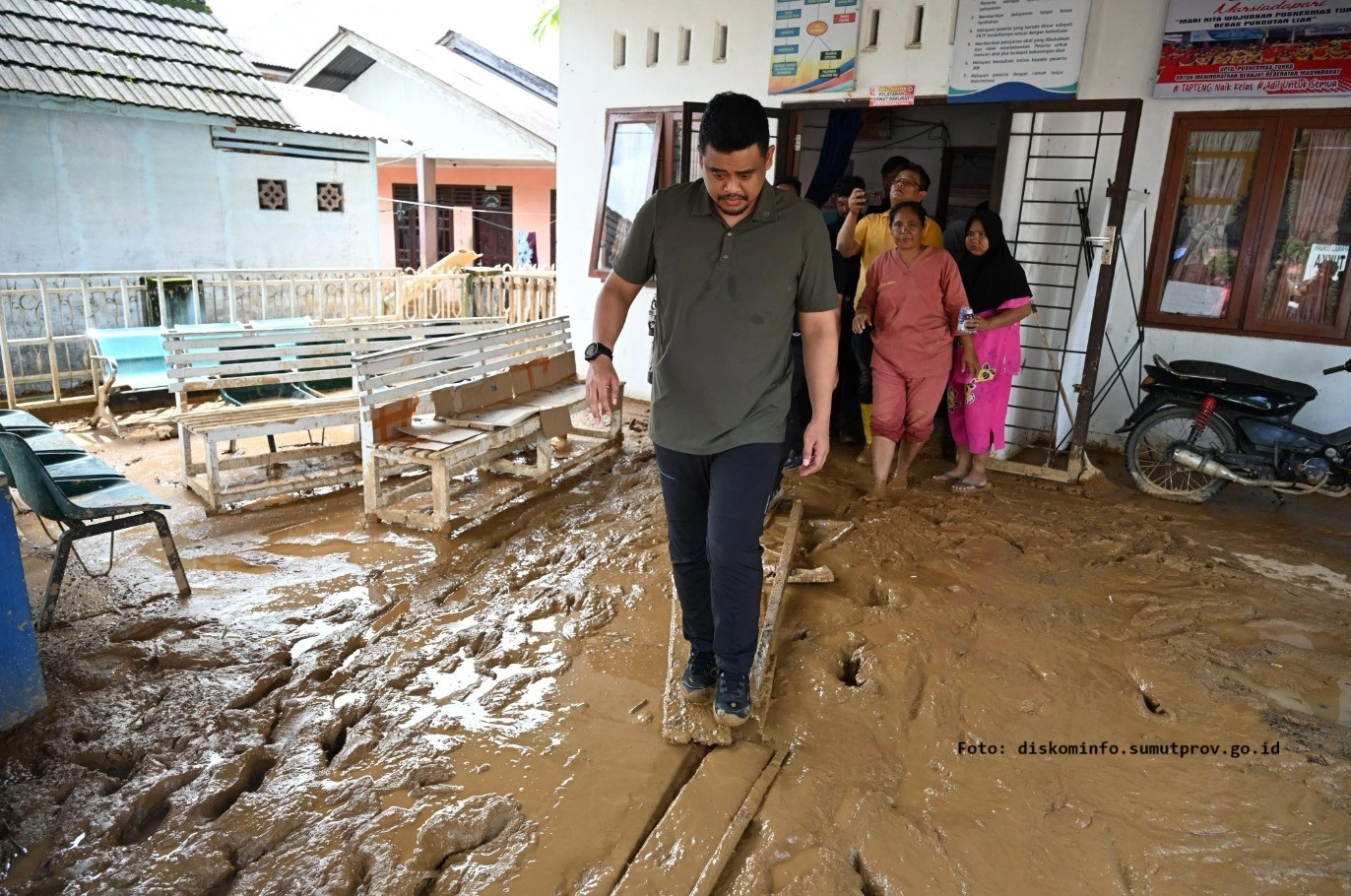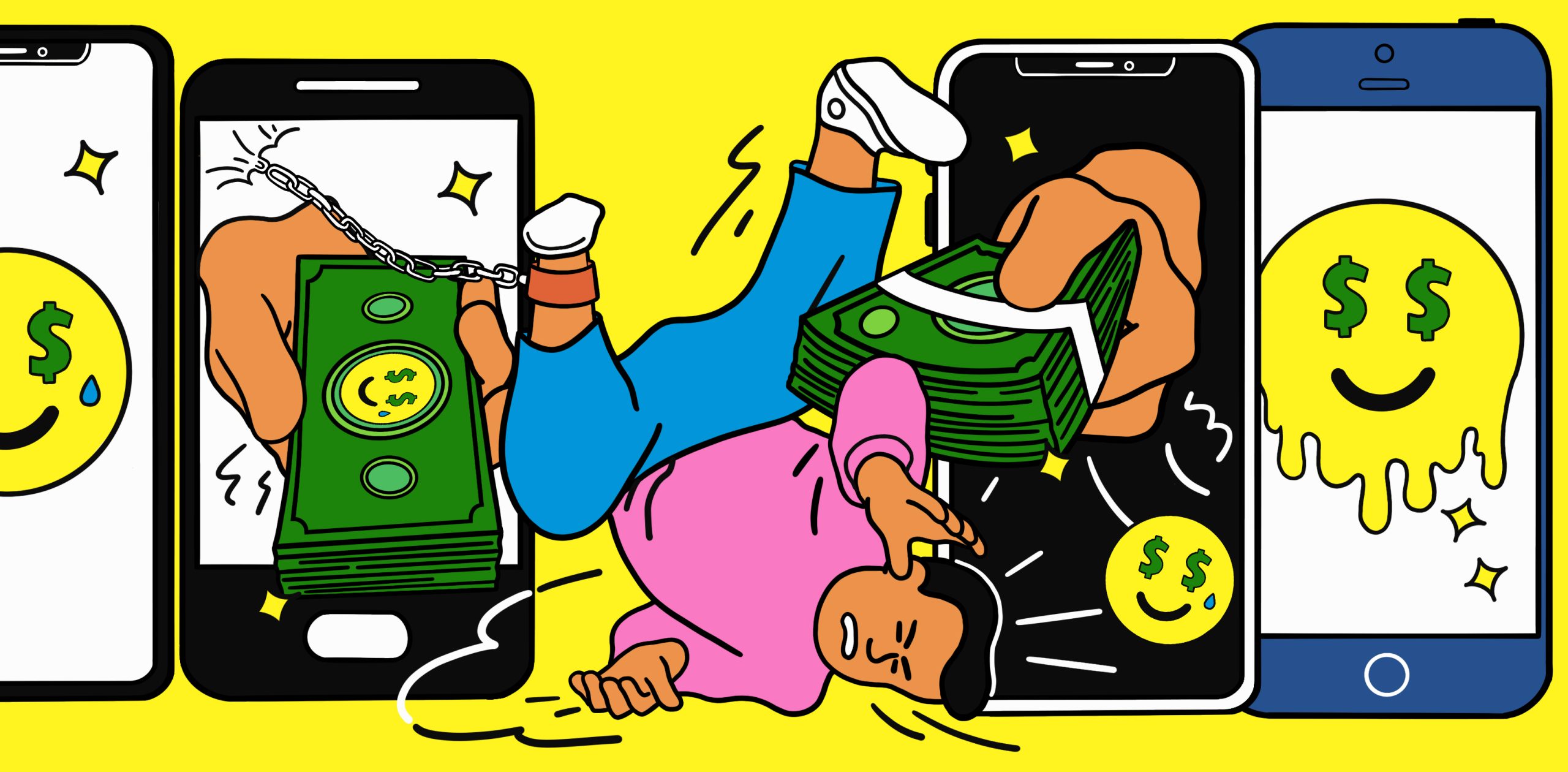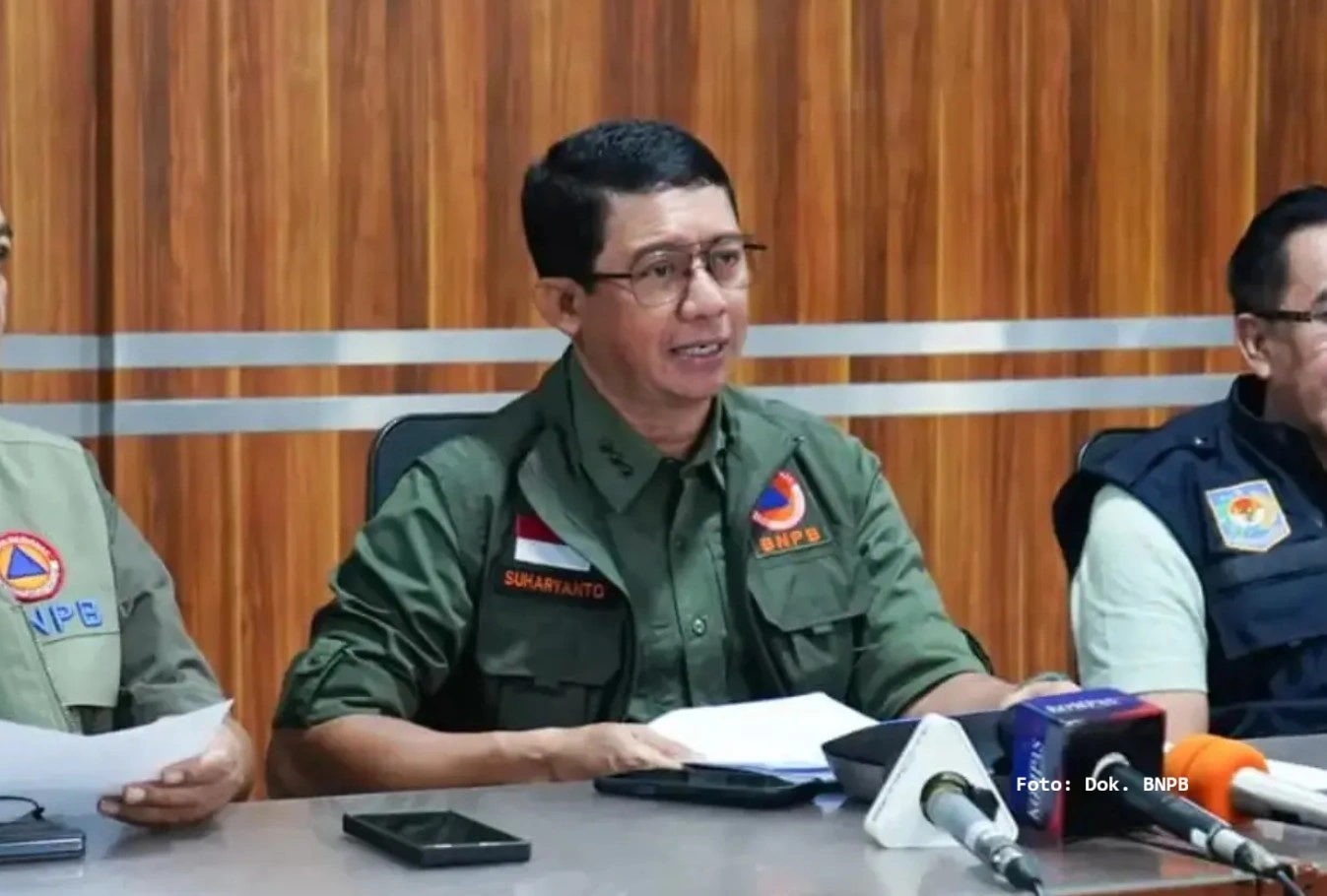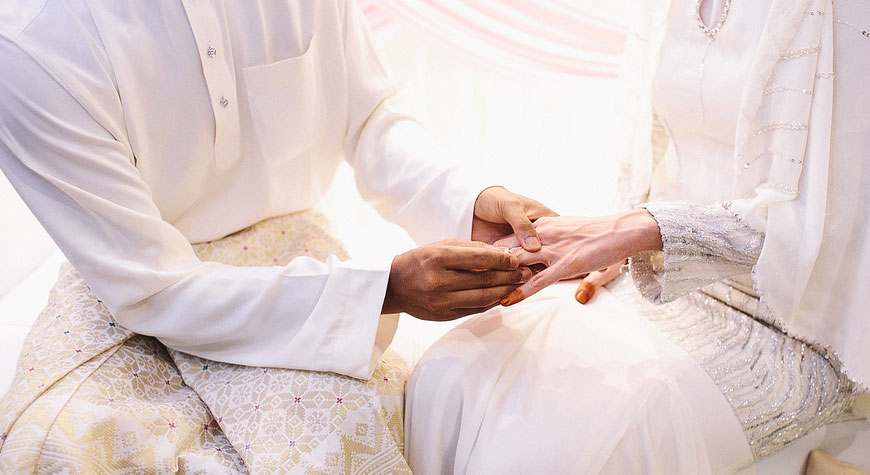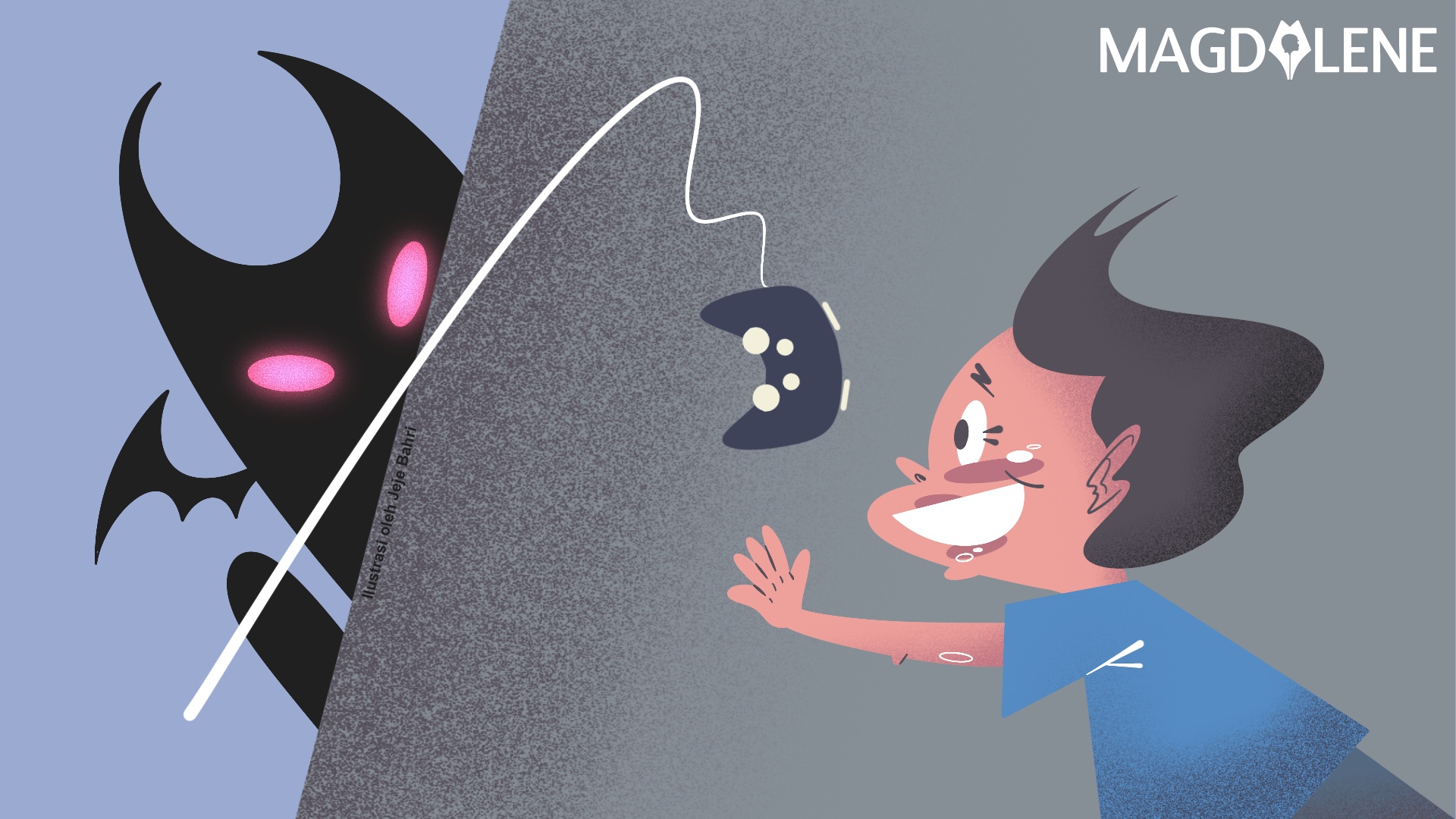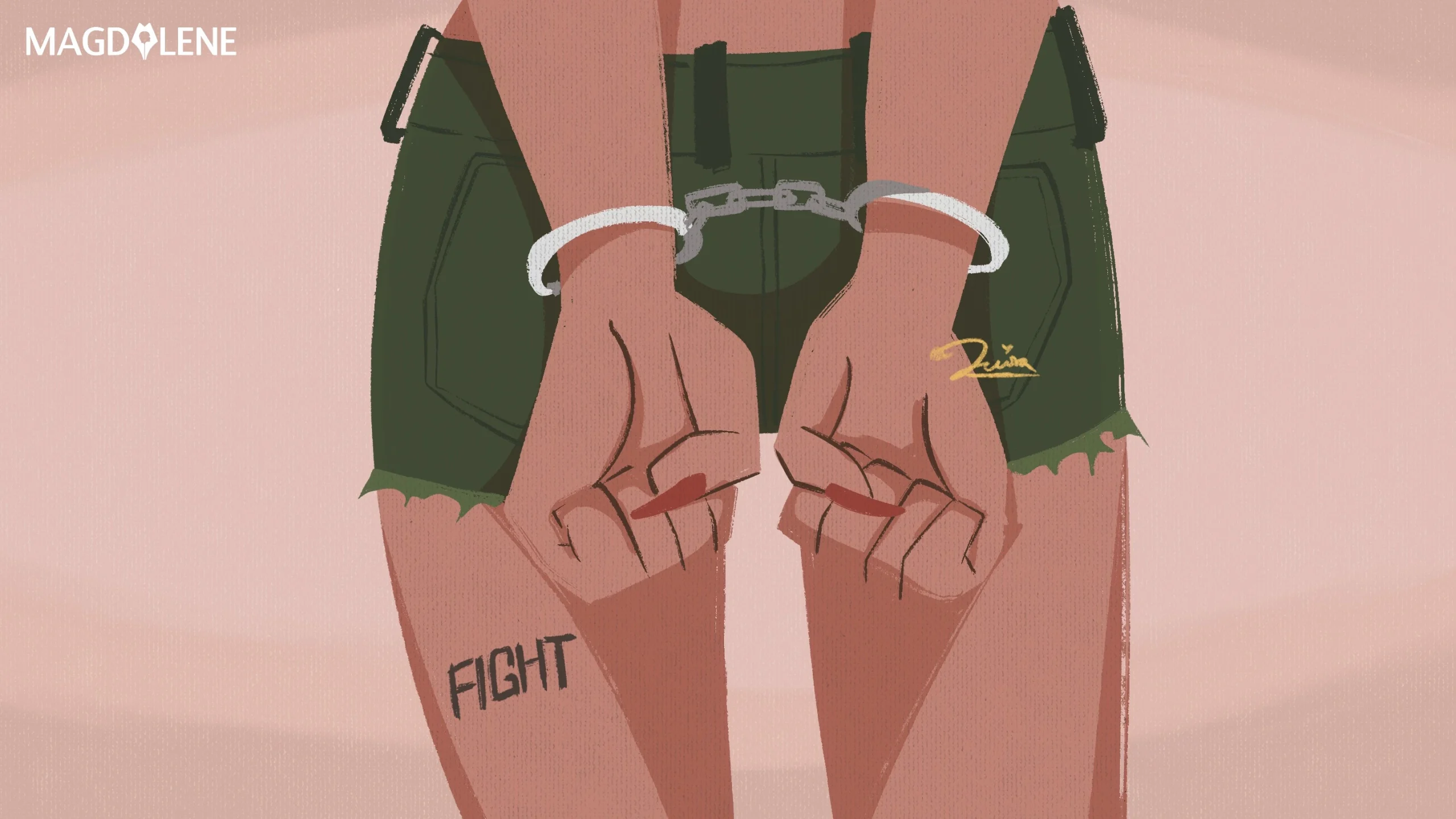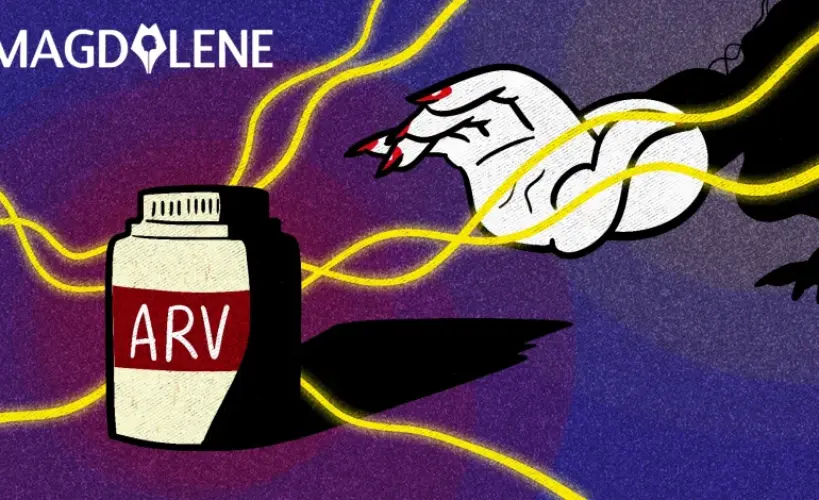Why We Are Silent and Why We Should Start to #TalkAboutIt
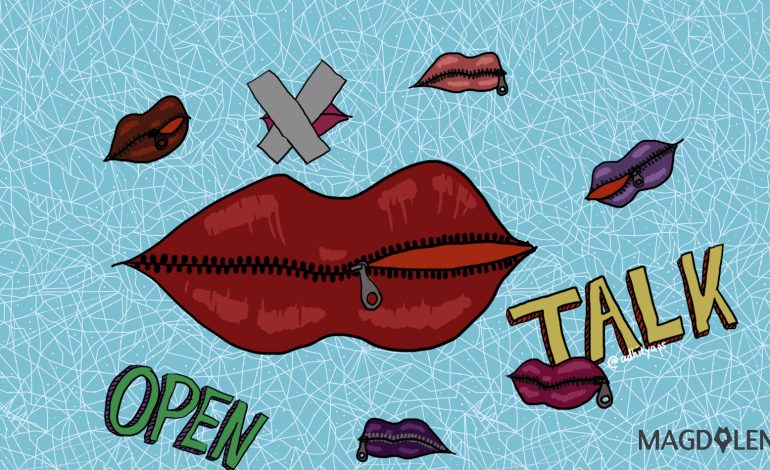
I was 13. On a bus ride heading home. I saw an empty seat and proceeded to take it. Until I saw why the seat was left empty. There was him: a man casually fondling his genital. Everyone in the bus was silent. Everyone was looking somewhere else. No one told me not to go there. No one told that man to get off the bus and jerk off somewhere else. I told some of my friends and laughed about it. It was not funny. It never was.
I was 18. Walking home from a friend’s place, I passed this dimly lit alley right next to the main library in my campus. A motorcycle passed. Two guys. One of them smacked my rear and pushed me over. I was stunned, too shocked to react. Too shocked to look at the motorcycle and memorize its license plate. The men laughed as they sped away, and left me numb, helpless, alone and dirty in that alley. I did not tell anyone. Until now.
My friend was interviewing a military general when he touched her inappropriately. She left the interview. She told her partner. Her partner told her, “Perhaps it’s the way you dressed.” She wears hijab.
On a recent sexual harassment case in my alma mater, a friend of mine gave me his two cents: “The guy is a brilliant man living in a small house full of books. The girl was just baper and rat him out”. An attention seeker. I was dumbfounded. I did not expect such ignorant opinion from a journalist.
These are why we keep things to ourselves.
Because none of us want to hear this: “Why did you not notice your surroundings?” or “Why did you choose that road?” or “You should’ve covered yourself.”
Because how were we suppose to know? Because it was the shortest route home. Because we trust our faculty is a safe haven for cultured and open-minded minds that respect people regardless of their gender. Because we did dress appropriately, in accordance to our so-called and much-revered “Eastern Culture.”
We are silent because none of us want to be told that we should not have provoked the guy. We are 5-feet tall, either too skinny or slightly overweight. We wear ankle-length sweatpants at night, we wear t-shirt, we wear jacket, we cover ourselves. Not because we like it, but out of fear of being blamed and shamed should anything happen to us. We were not “asking for it”. We shut our mouth because none of us want to hear: “But he did not look like someone who could do that”.
If you are not as ignorant, you will understand that there is no way to profile these kinds of people. Your respected teacher, your inspiring lecturer, your loving husband, your fun-to-hang-out-with best friend may have their public personas – the Dr. Jekyll – while keeping his demon – the Mr. Hyde – hidden. He may be a polite soft-spoken guy or a loving husband and a gentle father. But he can also be a pervert, a manipulator, a perpetrator of it-was-an-accident-kind of harassment.
We are silent because we are not so sure those nightmares happened. We are in constant self-doubt because our mind instantly blocks the cringe-worthy, sickening and nauseating moments. We did not want to remember and replay that moment over again, whenever we tell our parents, our trusted few, having them grilled us to tell the details, asking why it happened, questioning our credibility if our story change. We did not want the doubt, the blame and the shame, especially coming from those we had expected to care and protect, or, at least, listen to us: our parents, our spouse, our boyfriend our teacher.
If you are willing to set aside your judgment and to listen, details will come pouring. They come the way we finish a puzzle, piece by piece. Because the single solid narrative can only come after our train of thoughts reach its destination and the facts are separated from the opinions and emotions.
We put this behind us and we do not speak about it because sexual violence is a divisive issue. It is easier to take side and to employ your logic upon us, rather than empathy.
We do not speak up because our culture taught us that our body and our sexuality is a sin. That they are not ours and will never be our own. That people will constantly scrutinize us for the way we cover our body and express our sexuality. That we have to be the one protecting it, instead of having people educated to respect our autonomy and our space, or to understand the consequences of their actions, their jokes and their gazes to our body and our psyche.
For most of you, it is easier to ask, “Why don’t you tell the police?” rather than “I know this is not easy. How do you feel? What can I do for you?”.
For most of us, we have had our share of having been told that “it was just an accident”. It’s not. It’s a plague. An epidemic. An iceberg.
We do not speak about it; we do not talk about it. Because for women here, and in many parts of the world, to be able to speak and talk about sex and sexual violence, is still considered a privilege.
But this has got to stop.
We need to #TalkAboutIt.
Harassment is harassment.
Abuse is abuse.
Rape is rape.
Violence is violence.
There is no sanitizing them. There should be no more click-bait headlines glamorizing and making light of them.
We are going to #TalkAboutIt. We are going to let people know our side of the story. We are going to let other women know, this is not their fault.
We will let other women know, they are not the victims.
They are survivors.
And they are not alone.
To support the #TalkAboutIt or #MulaiBicara campaign, please head to campaign.com/MulaiBicara.
Anindya Pithaloka enjoys solitary gallivanting and museum hopping, she never says no to a chance to engage in a conversation as random as “How Kotaro Minami earns his living” in a corner café. A self-proclaimed old soul, currently she is a content producer in a digital agency. Being a highly-functioning depressive, she also contributes for Get Happy, a community focusing on mental health issue. And oh, you can always tell how she feels based on the color of the lipstick she’s wearing.

